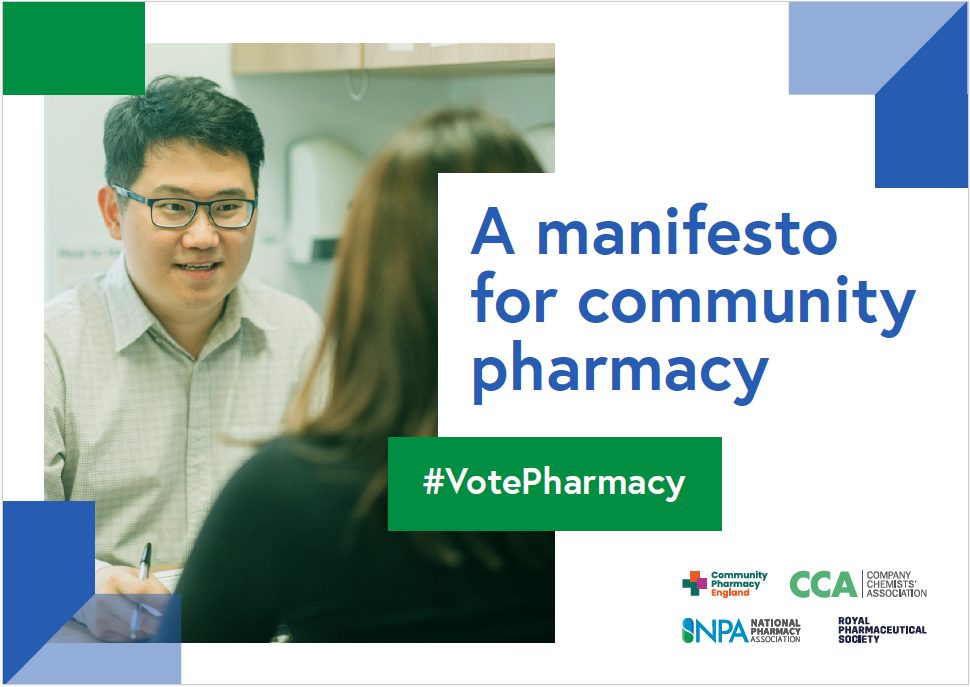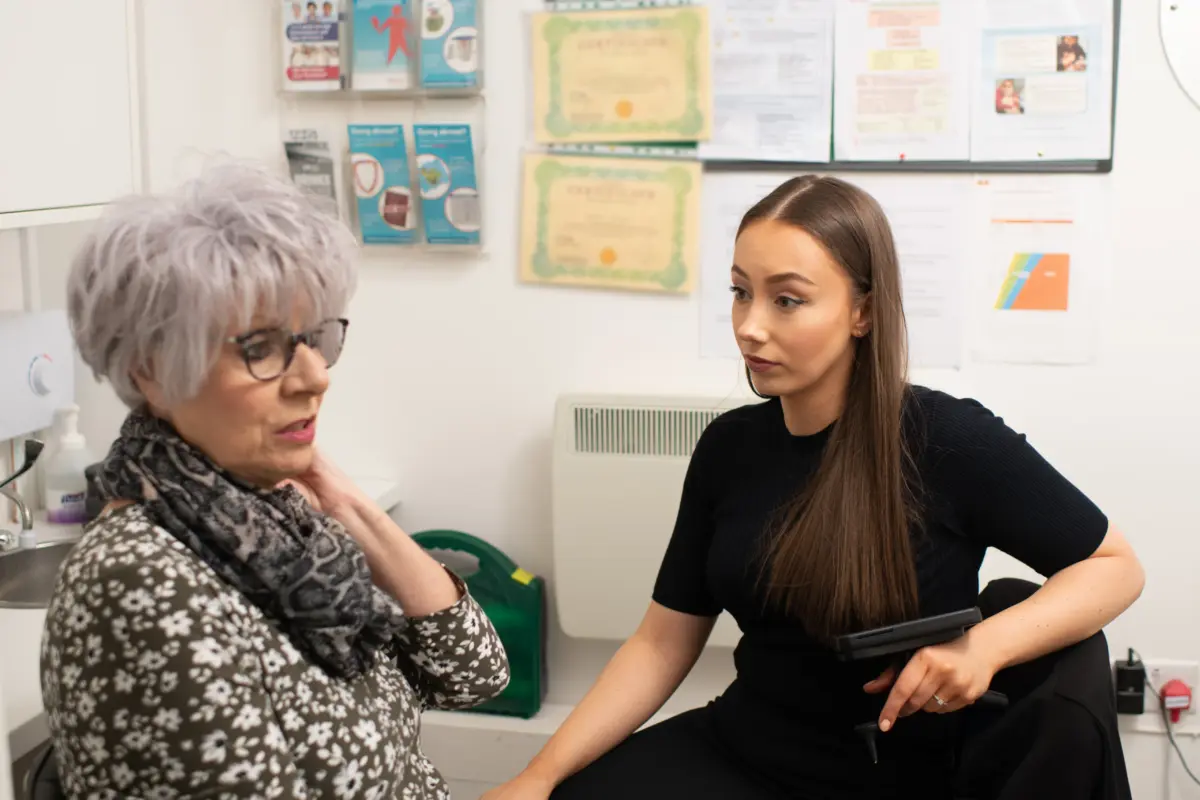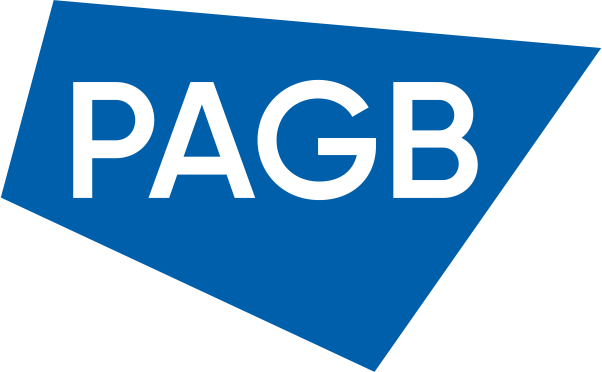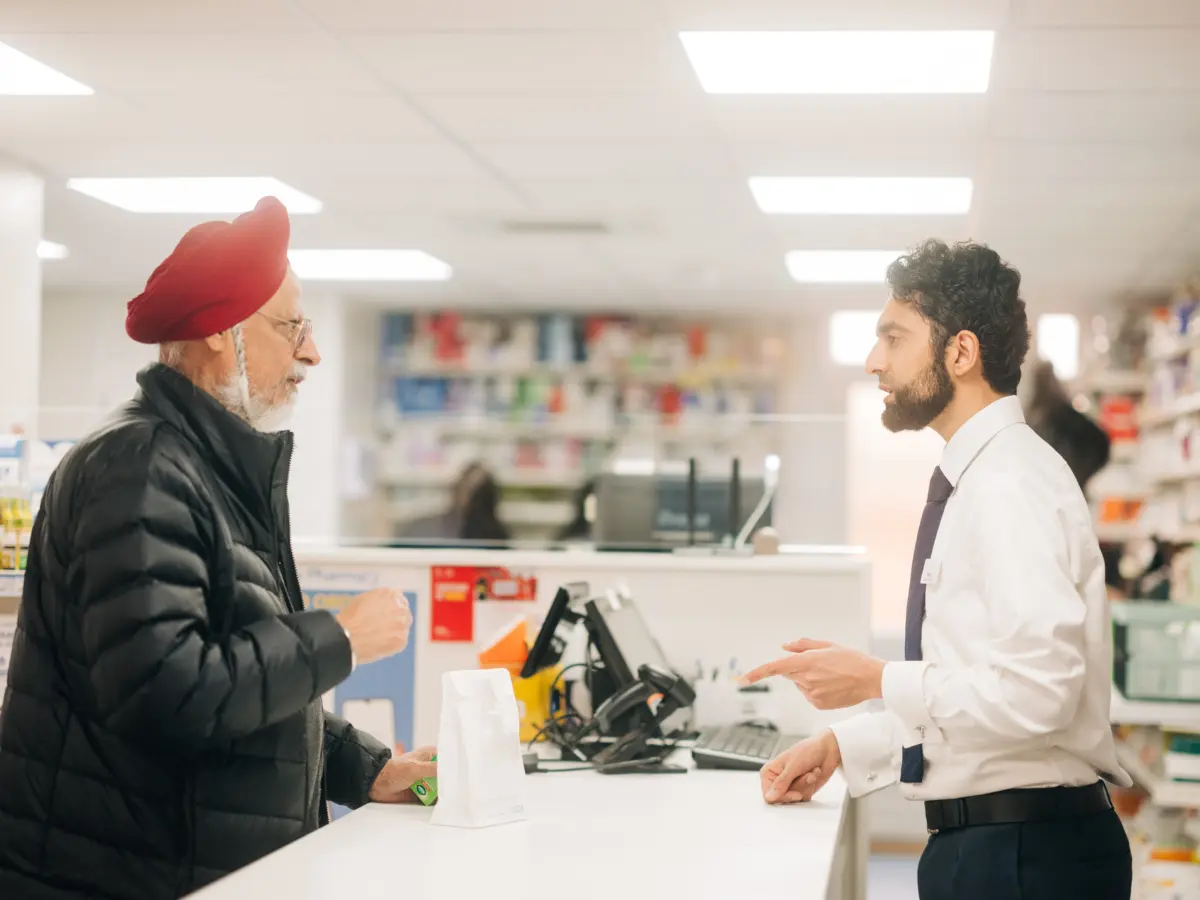Service case study: NHS 111 refer patients with low acuity conditions to community pharmacies
Published on: 11th December 2017 | Updated on: 28th March 2022
The Community Pharmacy Referral Service (CPRS) pilot enables NHS 111 call handlers to refer patients requiring advice and/or treatment for low acuity conditions to community pharmacies across the North East of England.
The service covers the geographical area of Durham, Darlington, Tees, Northumberland and Tyne and Wear which is covered by ten Clinical Commissioning Groups and contains a population of approximately 2.6 million. Up to 618 pharmacies are eligible to sign up to provide the service across the region.
The service is intended to increase capacity and relieve pressure on existing urgent care services, deliver care closer to home in the community and potentially result in cash releasing savings. These aims will be achieved through:
- Referral of significant numbers of patients to community pharmacy, therefore increasing capacity in urgent primary care locations;
- Promoting a strong self-care message to patients;
- Robust use of IT for referrals from NHS 111;
- Ensuring patient safety and high levels of patient satisfaction; and
- Academic review of the service.
The pilot went live on 4th December 2017 and will run until 30th September 2018.
What does the service involve?
NHS 111 will refer appropriate patients to community pharmacies using PharmOutcomes or NHSmail; the patient will then be advised to attend the pharmacy for a consultation. A range of low acuity conditions have been selected for inclusion in the service, including the following ‘symptom groups’: rashes, constipation, diarrhoea, vaginal discharge, sore eye, mouth ulcer, failed contraception, vomiting, scabies and ear wax.
When at the pharmacy, the pharmacist conducts a face-to-face consultation using a structured approach to responding to symptoms and the patient’s Summary Care Record (if appropriate). As part of the consultation, the patient receives self-care advice on the management of the condition and relevant printed information from a reputable source, such as NICE Clinical Knowledge Summaries. If the patient requires treatment, this can be sold over the counter or supplied via a locally commissioned minor ailments scheme (if available).
A record of the consultation and any medicine that is supplied is made on PharmOutcomes and a notification is sent to the patient’s GP. If the patient has a condition or symptom which is urgent and cannot be dealt with by the pharmacist or which requires further investigation, the pharmacist will escalate the case to a more appropriate care setting, such as the patient’s general practice.
How was the service developed and implemented?
The initial work was undertaken by the two Pharmacy Local Professional Network Chairs in the region, supported by NHS England’s Out of Hospital Urgent Care programme.
Two workshops took place in October 2016 and February 2017 to identify opportunities to appropriately increase the number referrals from NHS 111 to community pharmacy. The workshops included representatives from GP out of hours, NHS 111, the regional clinical leads, community pharmacists and academics. This initial work has identified a potential to increase referrals from NHS 111 to pharmacies from its current rate of 0.1% of referrals to a possible 10%, which equates to 35,000 referrals per year in the North East.
Support was secured from stakeholders, such as the local NHS England team, the Sustainability and Transformation Partnership, NHS Improvement and the local Directory of Service leads.
The NHS England Hospital to Home Pharmacy Reference Group and Pharmacy Integration Fund Oversight Group have overseen the development and design of this service. The Pharmacy Integration Fund is providing funding to support the pilot service and its evaluation.
Further details on this service and other local services can be found on the Community Pharmacy England Services Database.
Commenting on the service, Alastair Buxton, Director of NHS Services, at Community Pharmacy England said:
“Management of minor conditions has always been an important part of the community pharmacy service, so it is great to see this service integrating that pharmacy care within the wider urgent and emergency care system.
“The service aligns well with the Five Year Forward View and NHS England’s current priorities, including moving care closer to home, ‘channel shifting’ and promoting self-care. The pilot should demonstrate how the community pharmacy network can be effectively used as part of the NHS urgent care system and it will hopefully build the case for a similar approach to be taken across the whole of England”.











